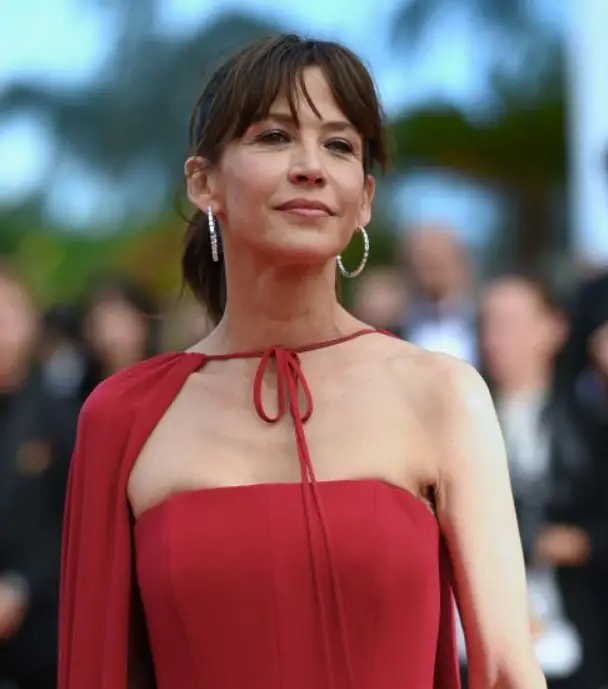
Sophie Marceau was born on November 17, 1966, in Paris, France. Raised in the suburbs, she had a relatively modest upbringing before fate intervened and launched her into stardom. At just 14, she auditioned for a role in the teen film La Boum (1980), which became a massive success and made her a household name in France.
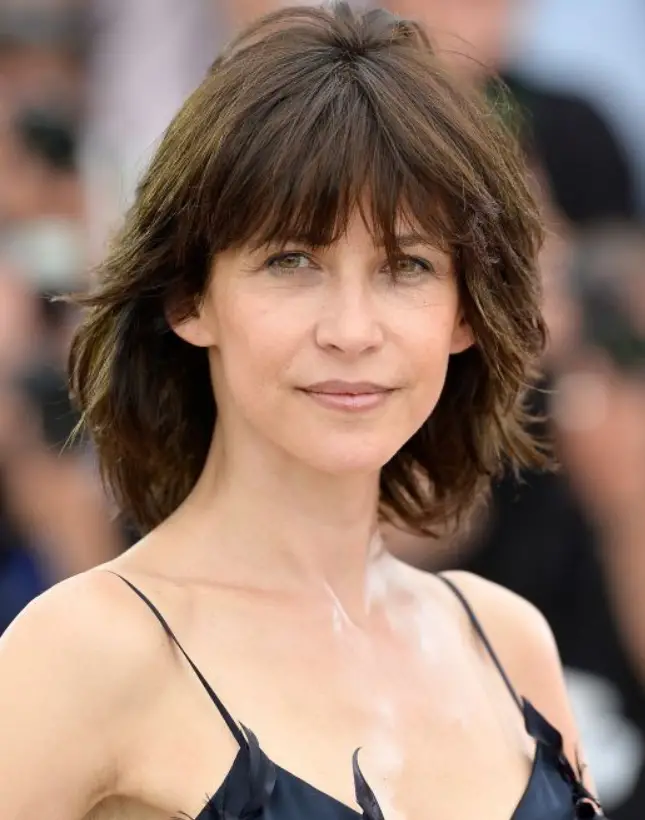
Marceau’s debut in La Boum (1980) was a defining moment in French cinema. The film resonated with teenagers, capturing the essence of youth, love, and growing up. Her natural charm and authenticity in the role of Vic Beretton made her a star overnight, and the film’s success led to a sequel, La Boum 2 (1982).
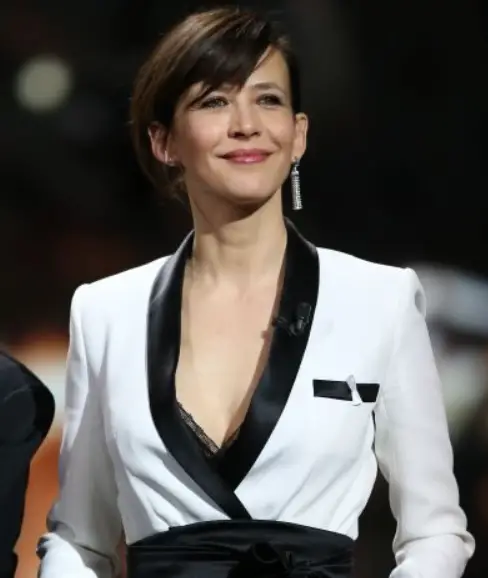
Her performance in La Boum 2 (1982) earned her the César Award for Most Promising Actress. This accolade solidified her status as one of France’s rising talents and opened doors for more serious and mature roles in the years to come.
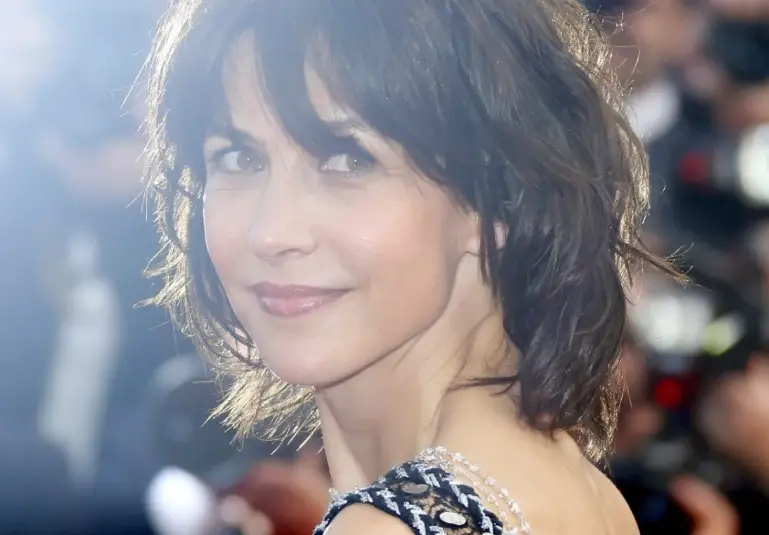
Determined not to be typecast as a teen star, Sophie Marceau took on more complex roles in films such as Fort Saganne (1984) and L’Amour Braque (1985). These films showcased her versatility and ability to adapt to different genres, from historical dramas to avant-garde cinema.
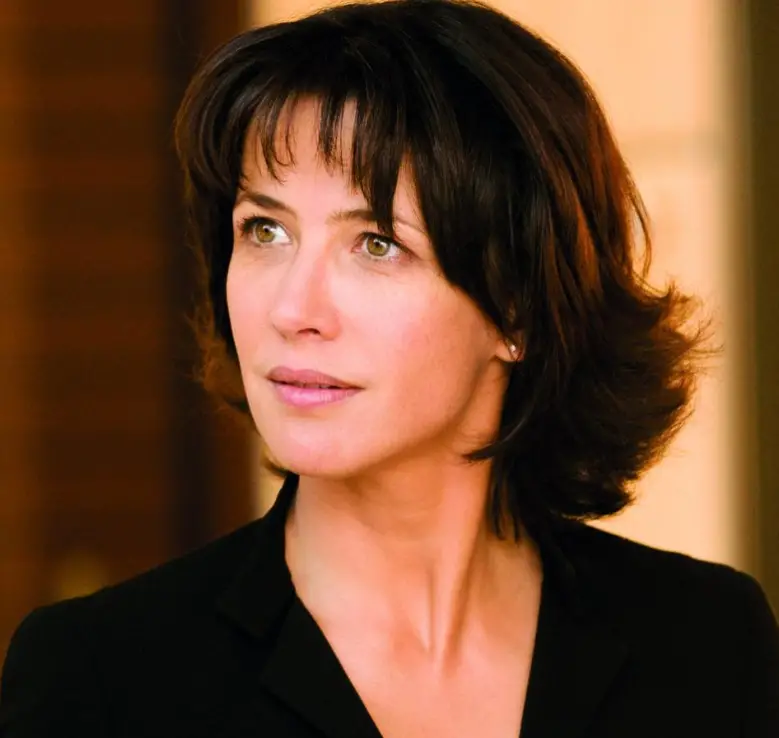
One of the most significant creative partnerships in her career was with Polish director Andrzej Żuławski. Their collaboration began with L’Amour Braque (1985) and continued with films like Mes nuits sont plus belles que vos jours (1989), allowing her to explore psychologically intense and challenging roles.
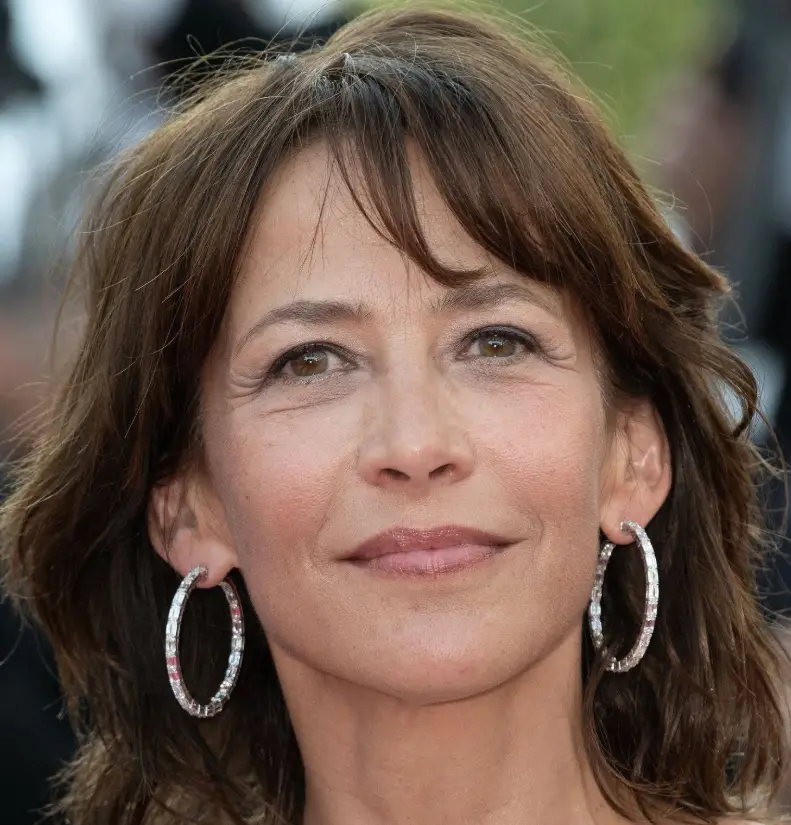
While Marceau was already a well-known actress in France, her role as Princess Isabelle in Mel Gibson’s Braveheart (1995) introduced her to a global audience. Her performance as the intelligent and courageous princess opposite Gibson’s William Wallace was praised for its elegance and emotional depth.
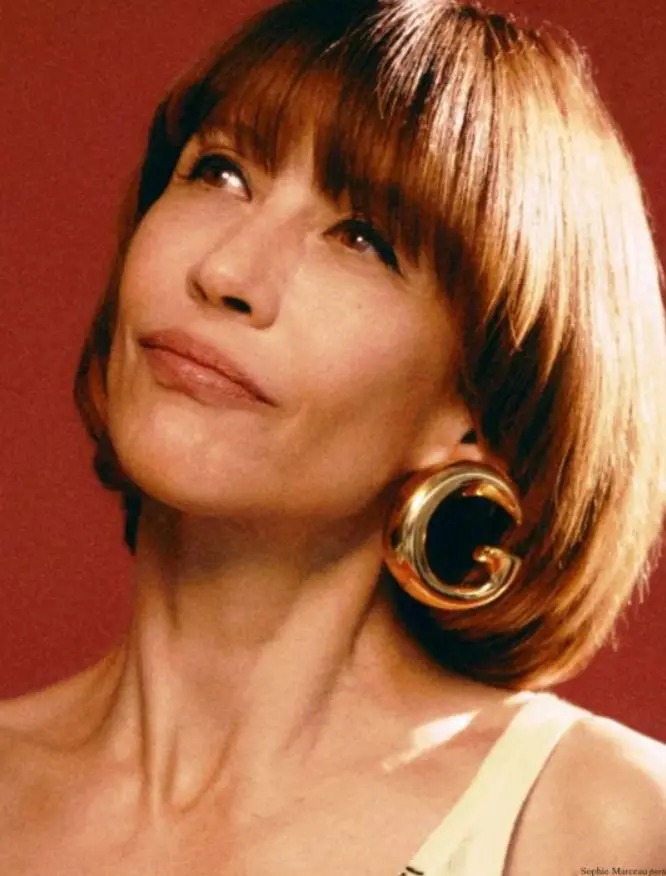
Sophie Marceau cemented her international fame by playing Elektra King in the James Bond film The World Is Not Enough (1999). Her portrayal of a complex and manipulative villain was a refreshing take on the typical “Bond girl” role, making her one of the most memorable antagonists in the franchise’s history.
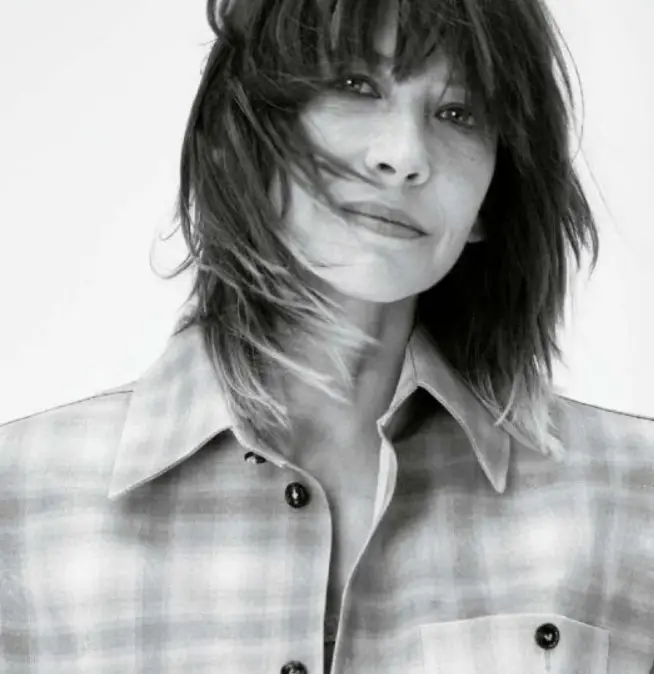
In addition to acting, Marceau explored directing, making her debut with Parlez-moi d’amour (2002). The film, which she also wrote, delves into the complexities of love and relationships, showcasing her storytelling skills behind the camera.

Following the success of her first film, Marceau directed La Disparue de Deauville (2007), a psychological thriller. This further proved her artistic ambition, demonstrating her ability to navigate different genres both in front of and behind the camera.
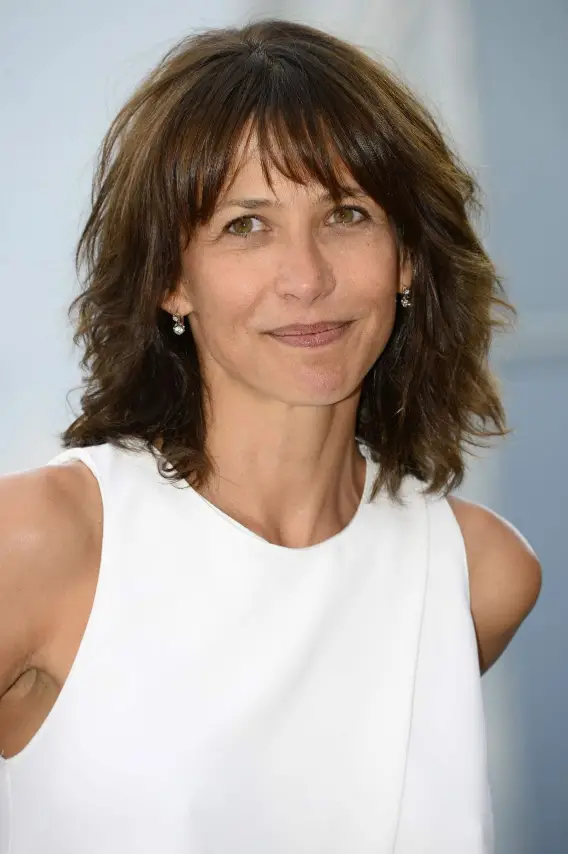
Throughout her career, Sophie Marceau has excelled in romance and drama films, starring in Fanfan (1993), Beyond the Clouds (1995), and Firelight (1997). These films highlight her ability to convey deep emotions with subtlety and grace.
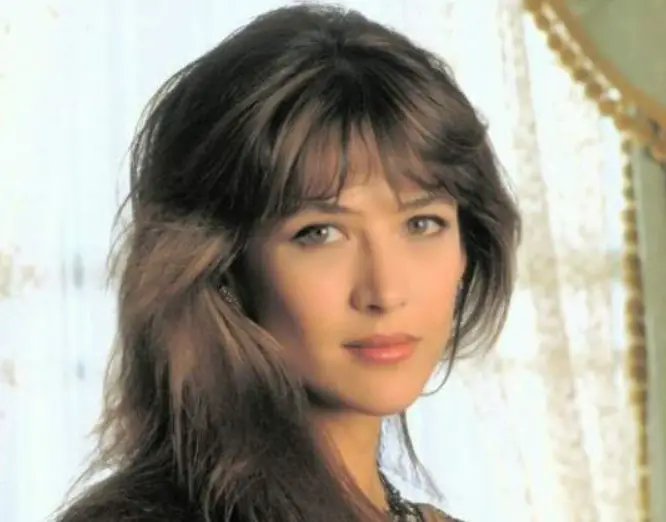
Marceau is fluent in both French and English, which has enabled her to work in a variety of international projects. Her ability to perform in different languages has made her a truly global actress, appreciated by audiences beyond France.
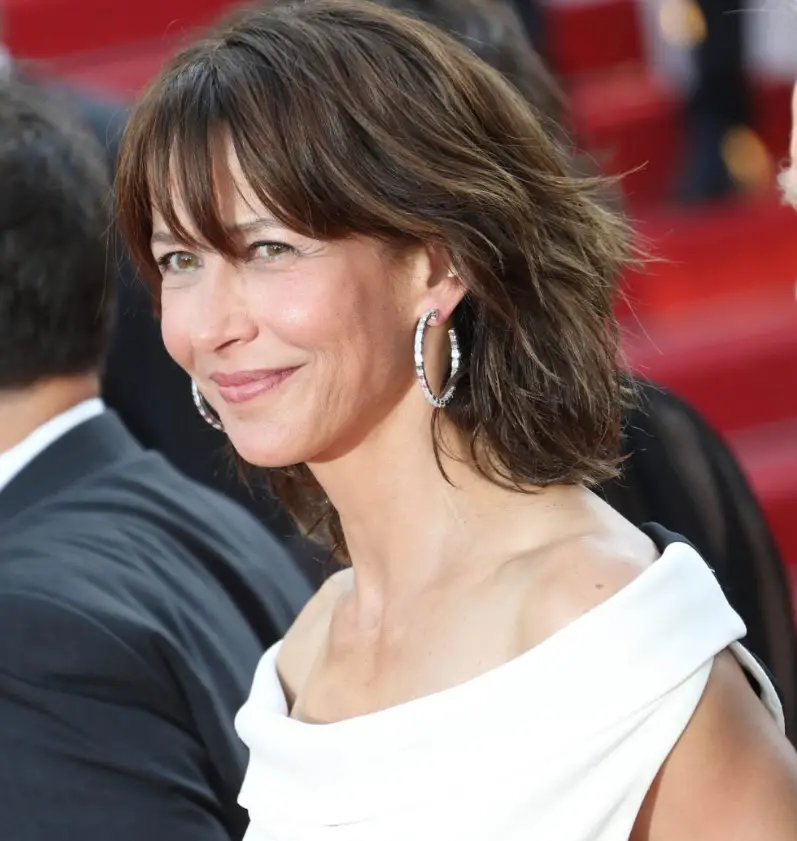
She has worked with some of the most respected directors in European cinema, including Claude Pinoteau, Maurice Pialat, and Michelangelo Antonioni. Each collaboration has further refined her craft and cemented her legacy as a serious actress.
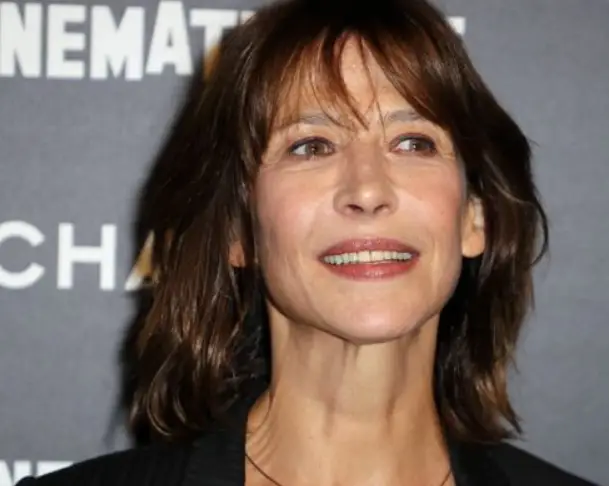
Beyond cinema, Sophie Marceau has a deep love for literature. In 1996, she published a semi-autobiographical novel, Menteuse, revealing her thoughts on fame, relationships, and personal struggles.

Throughout her career, Marceau has been vocal about women’s rights and the importance of strong female characters in cinema. She has consistently chosen roles that defy stereotypes, portraying independent and intelligent women.
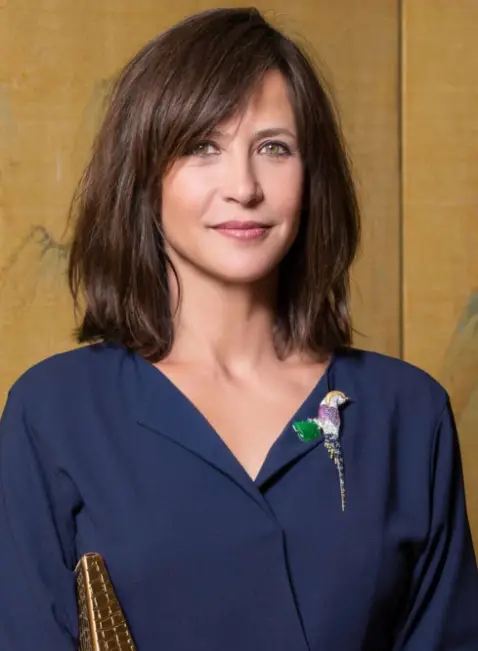
Despite her fame, Marceau has remained relatively private, carefully managing her public image. She prefers to keep her personal life out of the spotlight, focusing on her work and personal passions.
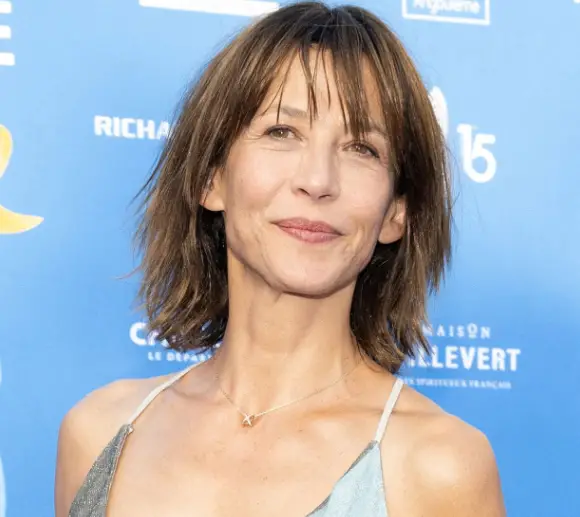
In her home country, Marceau remains one of the most beloved actresses. She has received numerous accolades throughout her career, including honorary awards for her contributions to French cinema.
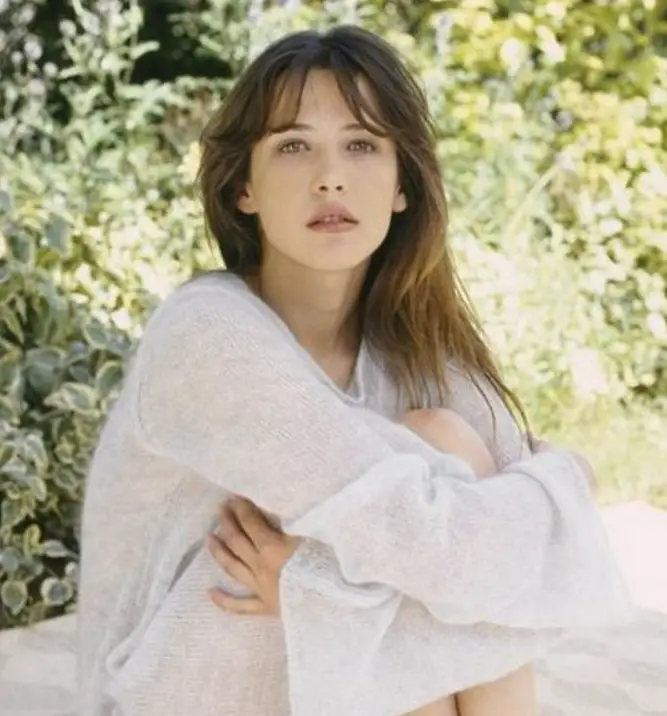
Although she is known for drama and romance, Marceau has also displayed her comedic talent in films like LOL (Laughing Out Loud) (2008), where she played a modern, relatable mother navigating the challenges of raising a teenage daughter.
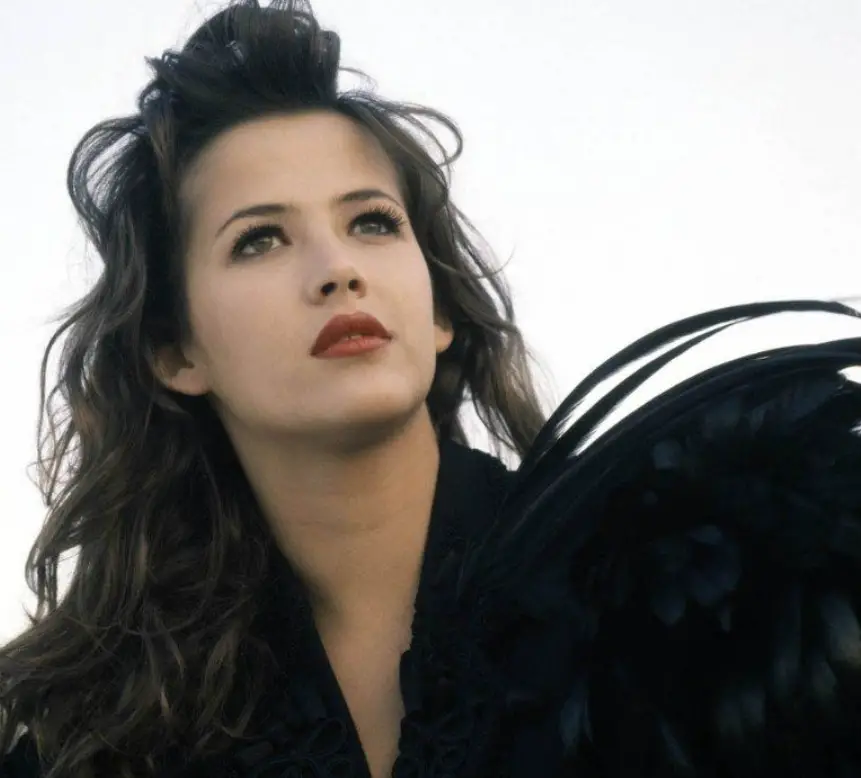
Often regarded as one of the most beautiful actresses in the world, Marceau has aged gracefully, maintaining her charm and sophistication. She continues to be an icon of French elegance and style.
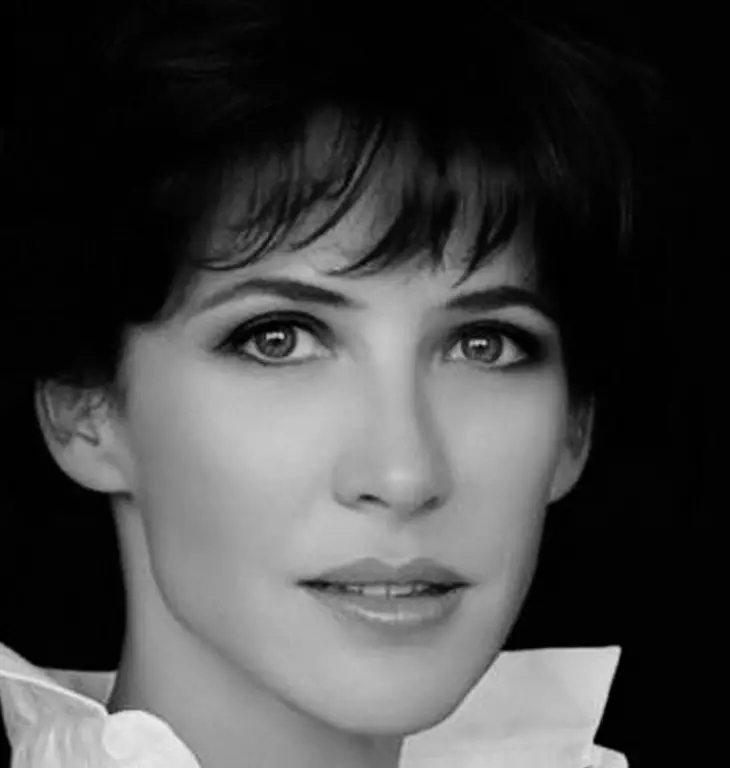
Even after decades in the industry, Sophie Marceau remains a significant figure in cinema. Her ability to reinvent herself and take on new challenges continues to inspire both aspiring actors and longtime fans.
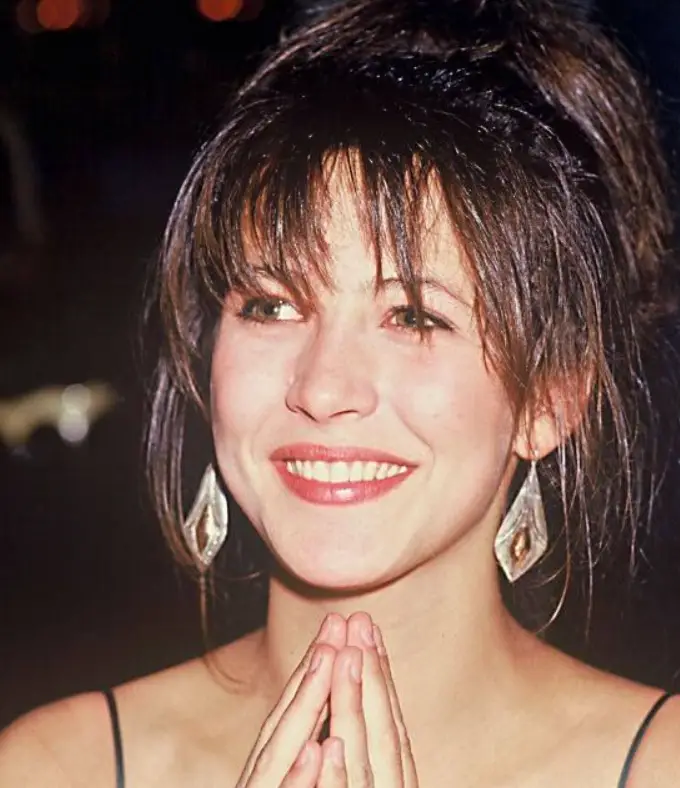
From her teenage breakthrough in La Boum to her status as an international star, Sophie Marceau’s career has been defined by talent, intelligence, and artistic ambition. Her contributions to film, both as an actress and director, ensure that her legacy will endure for generations to come.
Leave a Reply